At the 10th Session of the 15th National Assembly in October 2025, the Law on Prices is expected to be reviewed and approved after a long period of preparation and completion. This is an adjustment step to suit the two-level local government model applied from July 1, 2025.
This amendment not only aims to perfect the market-oriented price management mechanism, but also ensures the unity and synchronization of the legal system when the administrative apparatus is reorganized, contributing to improving the effectiveness of state management and facilitating production and business activities.
According to Minister of Finance Nguyen Van Thang, the Law on Prices continues to strengthen the principle of price regulation according to market mechanisms.
The State respects the right of business organizations and individuals to self-determine competitive prices. The State only indirectly affects the market price level through macroeconomic tools and a number of other regulatory tools such as: price stabilization, declared prices, reference prices, inspection and handling of violations of price laws, thereby helping to stabilize the market.
According to the Government's Submission on the draft Law amending and supplementing a number of articles of the Law on Prices, this amendment and supplement is necessary and urgent to institutionalize the Party's policies and the State's laws in perfecting the institution.
This amendment to the Law aims to address issues related to streamlining the political system's organizational apparatus and rearranging administrative units, especially ending the operation of district-level administrative units nationwide from July 1, 2025, and organizing local governments into two levels.
At the same time, reorganize and arrange inspection departments under the Government Inspectorate, end the inspection activities of ministries; reduce and simplify administrative procedures related to valuation service business activities.
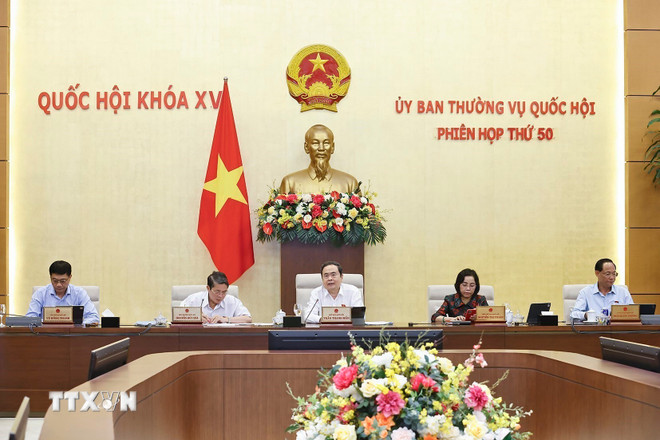
The Law also promptly addresses practical issues, removes institutional "bottlenecks", ensures consistency, synchronization and feasibility of the Law on Prices with the current legal system and is consistent with international commitments.
The Draft Law consists of 02 Articles, with important amendments, supplements and abolitions such as: on decentralization, delegation of power, amendments to regulations on transferring responsibility for implementing price stabilization from the People's Committee at the district level to the People's Committee at the commune level, to be consistent with the 2-level local government model. In addition, the Law also amends and supplements the names and pricing authority for a number of goods and services in the fields of natural gas, aviation, vehicle inspection, labor safety inspection, securities, national reserves, railways and public products and services in healthcare and education-training.
Notably, the bill also adds infrastructure services for industrial parks, economic zones... invested from the state budget to the List of State-priced goods, with specific pricing authority belonging to the People's Committees at the provincial level.
Another innovation is the amendment of the conditions for conducting valuation services business in the direction of eliminating unnecessary conditions, simplifying the conditions for granting certificates for conducting valuation services business, specifically, abolishing the regulation requiring authorized representatives of capital contributing organizations to have a valuation card.
At the same time, regulations on specialized price inspections in the provisions on the duties and powers of the Ministry of Finance will also be abolished to synchronize with the 2025 Inspection Law.
According to experts, with comprehensive adjustments, the Draft Law on Prices (amended) not only resolves current "bottlenecks" in price management but also creates a transparent legal corridor in line with international practices.
The passing of the Law at the upcoming 10th Session is expected to contribute to stabilizing the market, promoting healthy competition and improving the effectiveness of State regulation of the economy./.
Source: https://www.vietnamplus.vn/sua-luat-gia-de-bao-dam-thong-nhat-dong-bo-trong-mo-hinh-chinh-quyen-hai-cap-post1071266.vnp










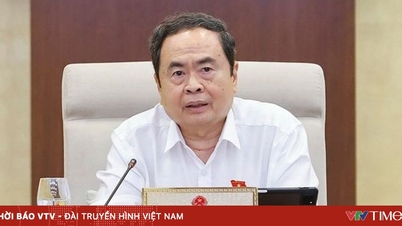




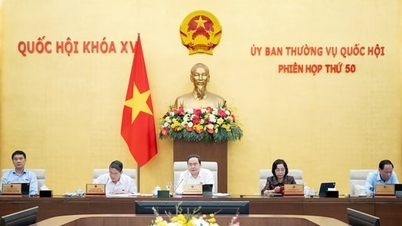

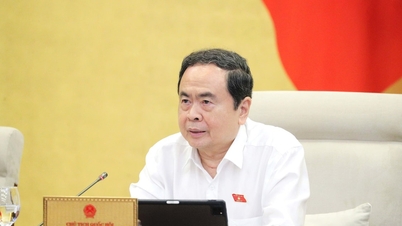
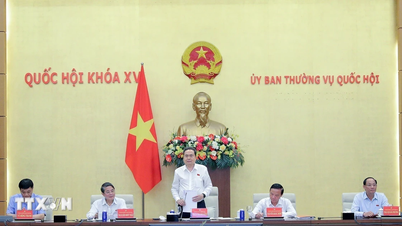
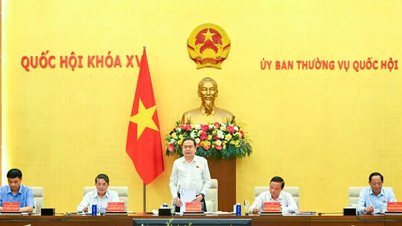

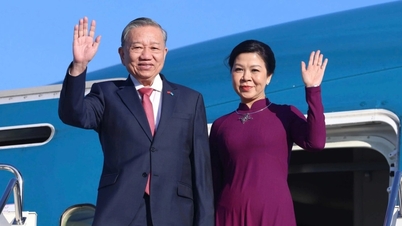

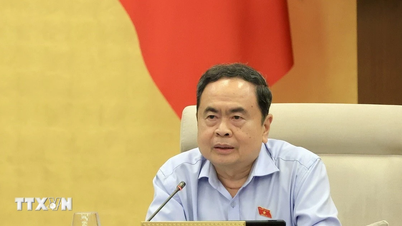

















































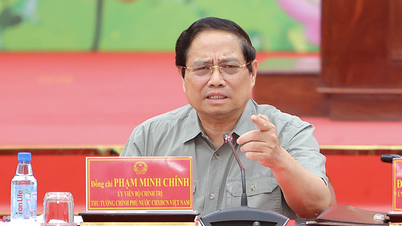















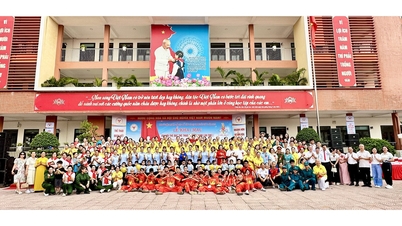
















Comment (0)